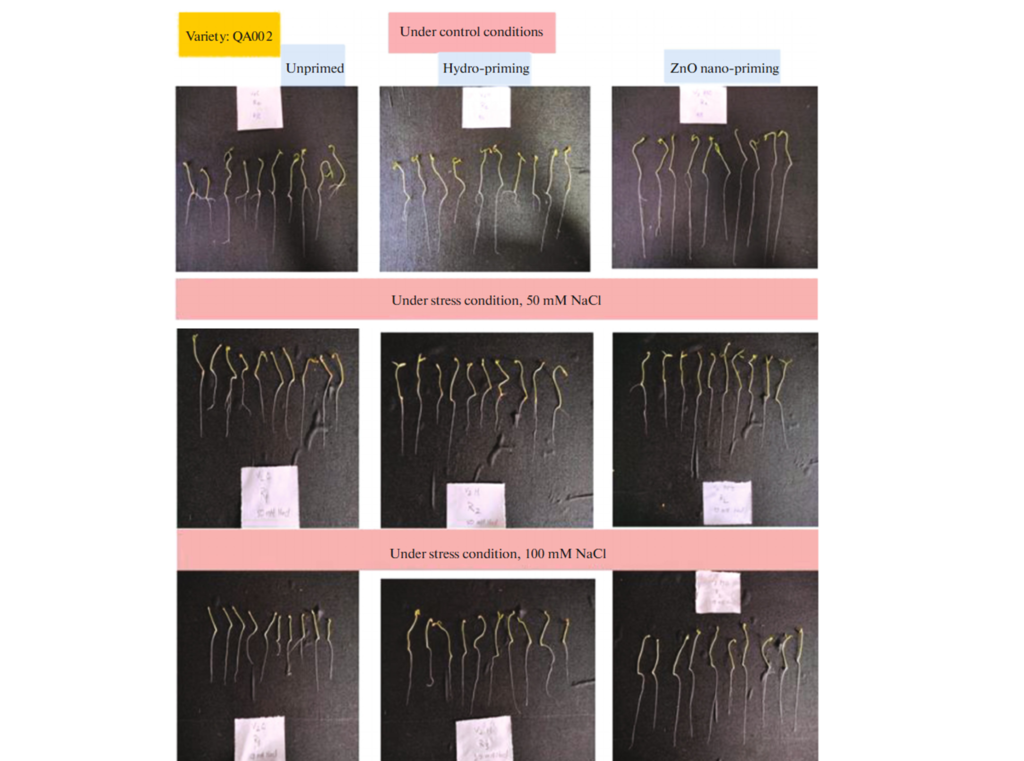Нанокомпозиты помогут увеличить урожай томатов.
The study has been published in the Russian Journal of Plant Physiology. Currently, approximately seven percent of the world's land (equating to one billion hectares) is affected by salinization. In such soils, plants struggle to absorb water, leading to their desiccation and death. Furthermore, by 2050, it is anticipated that over 50 percent of all arable land on the planet will be subject to salinization, rendering it nearly unsuitable for growing vegetables and fruits.
However, the detrimental effects of salinization on seeds can be mitigated. Researchers from the South Federal University’s Academy of Biology and Biotechnology, in collaboration with colleagues from India, have developed zinc oxide-based nanoparticles that assist in cultivating tomatoes under saline stress conditions. Zinc is a crucial micronutrient for plant development, and the small size of the nanoparticles enables them to penetrate plant tissues. The application of these nanoparticles can enhance growth, improve seed germination rates, and increase the nutritional content of the fruits.

The scientists tested solutions of nanoparticles with varying concentrations and different soaking durations for the seeds, ultimately identifying the optimal conditions: seeds soaked for six hours germinate 12.6 percent more successfully and 20 percent faster in saline soil compared to untreated seeds.
“Soaking seeds in a nanoparticle solution and planting them in saline soils is a promising approach. We are now looking to expand this method to other crops and standardize the technology for use by farmers,” explains Vishnu Rajput, head of the International Laboratory of Nanobiotechnology at SFedU.
The research is part of the federal program "Priority 2030" (national project "Science and Universities") under the SFedU project "Soil Resource Management Systems."